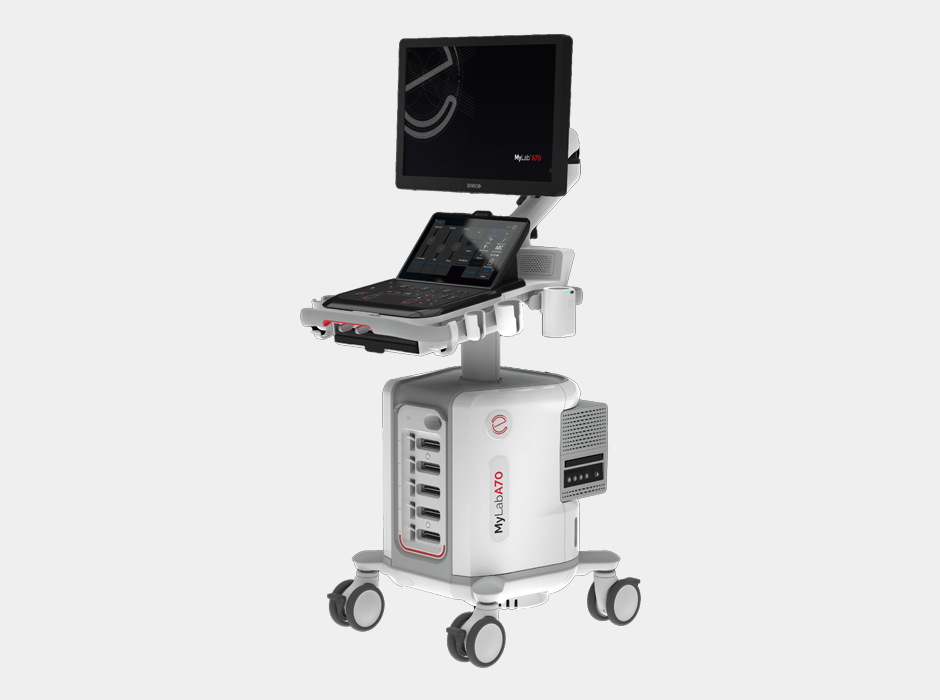Rare fetal cells which can be isolated from a pregnant woman’s blood sample, could be used to develop noninvasive genetic prenatal tests. The research – which was conducted at Baylor College of Medicine and RareCyte, Inc. – was published in the journal, Prenatal Diagnosis.
“Fetal cells were first reported in the circulation of pregnant women more than 40 years ago, and people have been hoping since that time to be able to use them for prenatal diagnosis,” said senior study author Dr. Arthur Beaudet, Chair of Molecular and Human Genetics at Baylor. “With the emergence of RareCyte’s platform technology for the identification of rare circulating cells and the retrieval of single cells, this is now possible.”
RareCyte, a life sciences company that offers tools able to analyze single cells from liquid biopsies and tissue samples, has developed a specialized platform capable of isolating rare fetal cells. The technology utilizes an automated image scanner to identify these fetal cells, coupled with a precision needle to extract them from the sample.
“Our goal in this project was to determine whether it was possible to collect trophoblasts present in the mother’s circulation in numbers sufficient for further genetic analysis,” said Beaudet. Trophoblasts form the major part of the placenta and contain all of the genetic information from the fetus.
According to RareCyte, while two teaspoons of maternal blood contains hundreds of billions of red blood cells, only 20 to 40 fetal cells may be present in the sample. Using their imaging technology, the researchers were regularly able to extract three to 10 fetal cells which could be further analyzed using tools including next generation DNA sequencing.
“We are pleased to be working with Dr. Beaudet and his team at Baylor on this critical project,” said Ron Seubert, chairman and CEO of RareCyte. “This is a milestone achievement in prenatal research and for RareCyte.”
As certain invasive forms of prenatal testing carry risks for both mother and baby, some chose to perform noninvasive methods, including cell-free DNA testing. Unfortunately, these technologies have limitations in terms of the resolution of DNA changes that can be detected. RareCyte’s technology is capable of detecting gene deletions between two and three million base pairs in length, which is an improvement over current technologies.
The company believes that this test could offer comparable information to that obtained through amniocentesis and chorionic villus sampling. According to Beaudet, this test could be available to parents seeking prenatal diagnosis, in the next one or two years.











Join or login to leave a comment
JOIN LOGIN